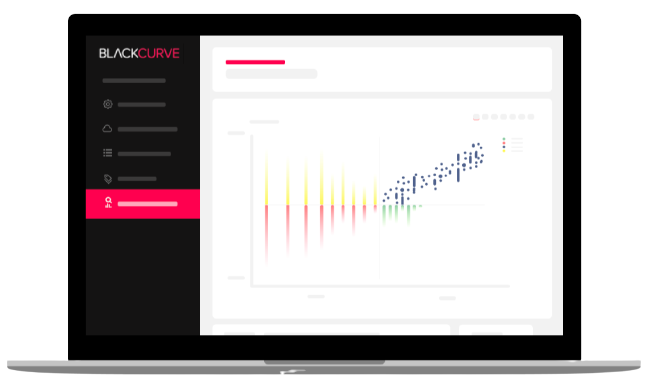Price Elasticity is a measure of the relationship between a change in the quantity demanded of a particular good and a change in its price. Price Elasticity of Demand (PED) is a term used in economics when discussing price sensitivity. The formula for calculating price elasticity of demand is:
Price Elasticity of Demand = % change in Quantity Demanded / % Change in Price
If a small change in price is accompanied by a large change in quantity demanded, the product is said to be elastic (or responsive to price changes). On the other hand, a product is deemed inelastic if a large change in price is accompanied by a small amount of change in quantity demanded.

